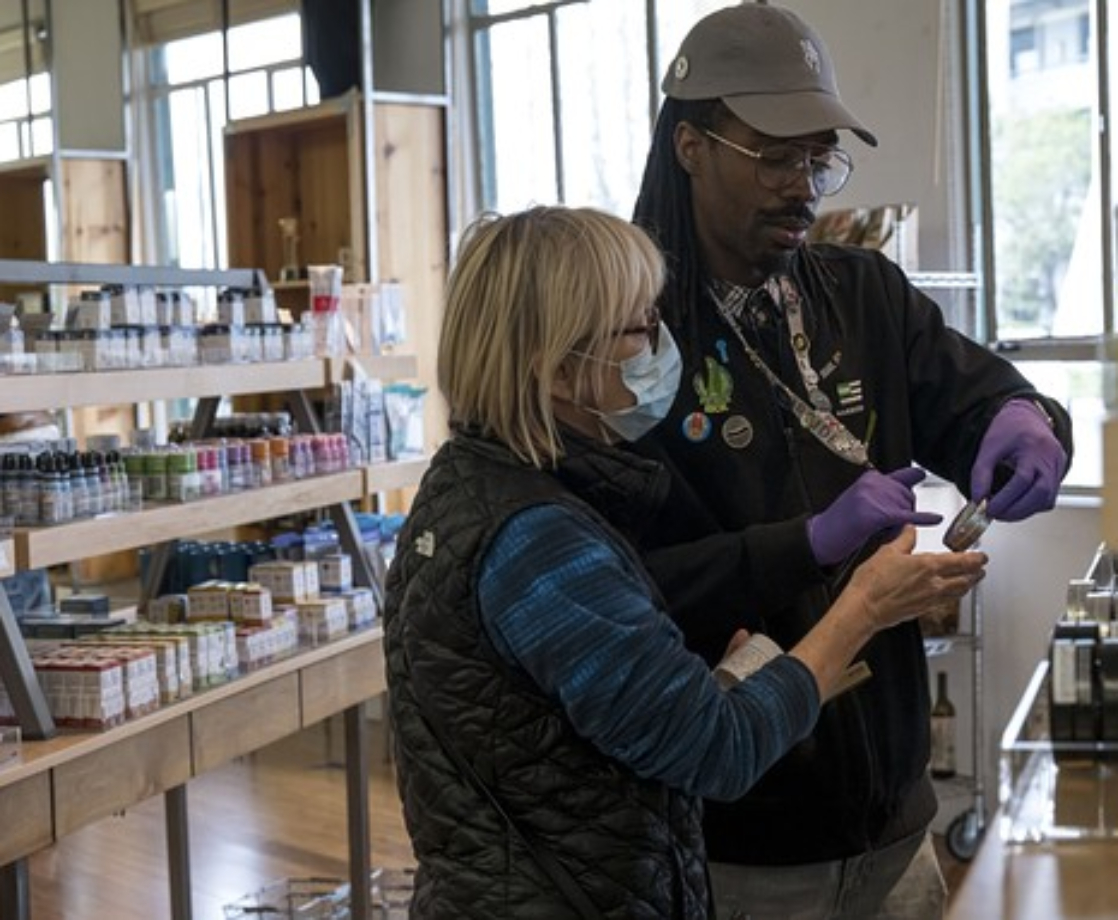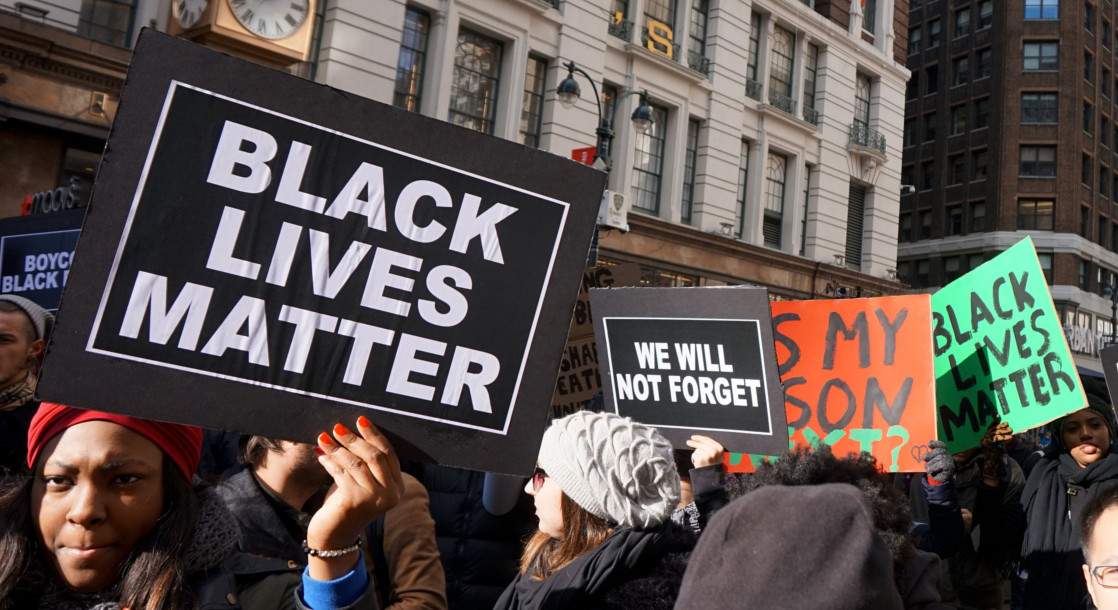A Massachusetts cannabis research firm has partnered with local colleges to conduct research into how the COVID-19 pandemic has affected legal weed businesses and cannabis consumers.
The Cannabis Community Care and Research Network (C3RN), a public benefit corporation based in Worcester, is launching two independent studies to investigate the impact of the coronavirus crisis. For the first study, the company is partnering with UMass Dartmouth to collect anonymous information about the impact of the pandemic on medical marijuana patients and adult-use consumers.
“There is a clear need to understand the impact of COVID-19, a devastating public health pandemic, on medical cannabis patients, consumers and businesses,” said C3RN CEO Marion McNabb to MassLive. “Additionally, under COVID-19, the cannabis industry cannot access much needed financial support from federal or state funds.”
Researchers created an online anonymous survey asking adults from any US state to explain how the pandemic has affected their lives. Participants are asked whether they have contracted COVID-19, if they’ve been tested for the illness, and whether the lockdown has affected their income. The survey also asks if consumers are using cannabis to help treat medical conditions, what their preferred method of cannabis consumption is, and whether they buy legal or black market weed.
C3RN has also partnered with Holyoke Community College, UMass Dartmouth, and the Cannabis Education Center to study how coronavirus has impacted legal cannabis businesses in the state. This study, which is also being conducted via an anonymous online survey, focuses solely on Massachusetts’ legal weed industry, which has been uniquely impacted by the pandemic.
While most states have allowed all legal weed businesses to remain open during the quarantine, Massachusetts Governor Charlie Baker made the decision to force adult-use businesses to close, while allowing medical marijuana dispensaries to stay open. Adult-use business owners sued the state over these closures, but lost the case. Since the ban was announced, Bay State cannabis regulators have received thousands of new applications for its medical marijuana program.
“The intention of the MA business and workforce study is to collect much-needed information to allow Massachusetts policymakers and stakeholders to make evidence-informed decisions about how to help a nascent and emerging industry in the Commonwealth,” McNabb explained to MassLive.
This second study asks local medical marijuana, adult-use, and hemp business owners how the health crisis has affected their business. The survey asks whether businesses have had to lay off any of their staff, and if they are planning to hire additional staff next month. Business owners are also asked whether they had difficulty acquiring financial assistance or necessary supplies during the quarantine, and to detail the operational changes they have implemented.
Both studies have been approved by the UMass Dartmouth Institutional Review board, and the anonymous surveys are now available online.











